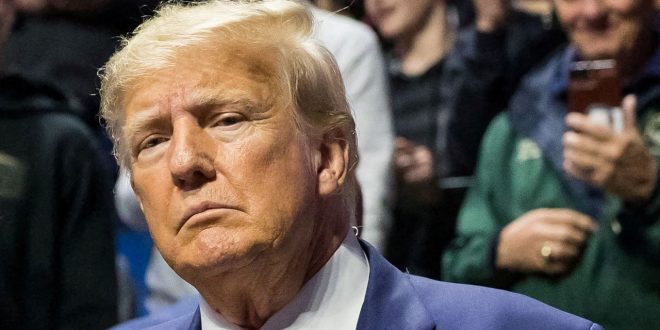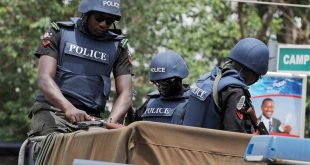The United States has expanded its immigration enforcement policies to include arrests at locations previously deemed “sensitive areas” such as churches, mosques, schools, and hospitals.
This move follows the Trump administration’s reversal of long-standing protections that barred immigration authorities from conducting operations in these spaces.
Announcing the policy shift, the Department of Homeland Security (DHS) emphasized its aim to prevent any area from becoming a safe haven for undocumented individuals.
A statement from the department read: “Criminals will no longer be able to hide in America’s schools and churches to avoid arrest. The Trump administration is empowering law enforcement to act decisively while using common sense.”
The directive, issued by Acting DHS Secretary Benjamine Huffman, also reintroduces the use of expedited removal nationwide, allowing Immigration and Customs Enforcement (ICE) to deport individuals who cannot prove continuous residence in the United States for more than two years.
Tom Homan, Trump’s border czar, confirmed that nationwide operations to apprehend and deport undocumented individuals would commence immediately.
“ICE officers across the country are actively enforcing immigration laws to uphold the rule of law,” Homan said.
However, this policy has sparked backlash from advocacy groups and religious leaders.
The Center for Law and Social Policy warned that the move could deter immigrants from seeking medical care, education, or disaster relief, while exposing children to traumatic encounters with law enforcement.
Religious leaders have also condemned the decision. In a sermon, the Episcopal bishop of Washington called on the administration to show compassion toward immigrants, urging for policies that prioritize humanity over enforcement.
As the policy takes effect, fears grow among immigrant communities, with concerns that it may lead to widespread disruption in access to essential services and increased marginalization of vulnerable populations.
 National Telescope national telescope newspaper
National Telescope national telescope newspaper



